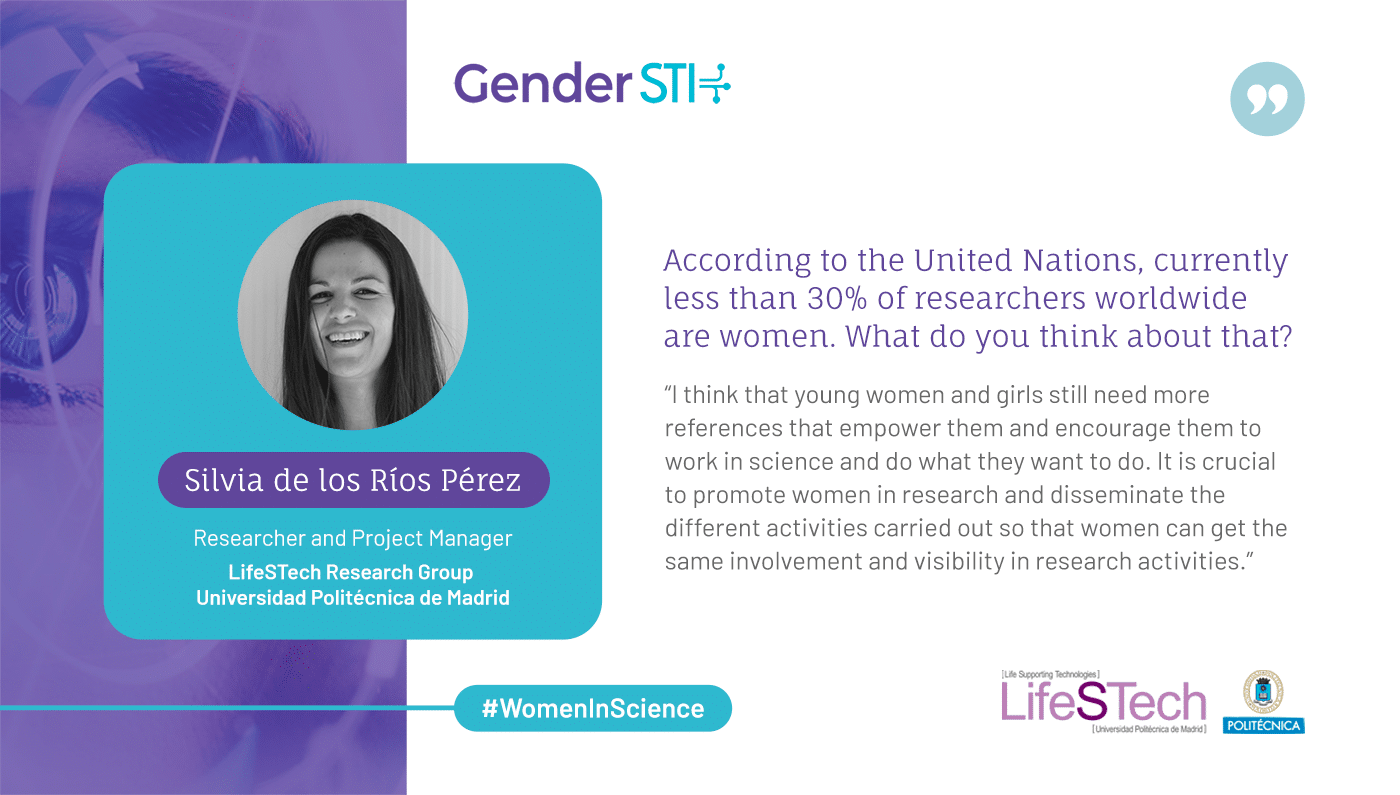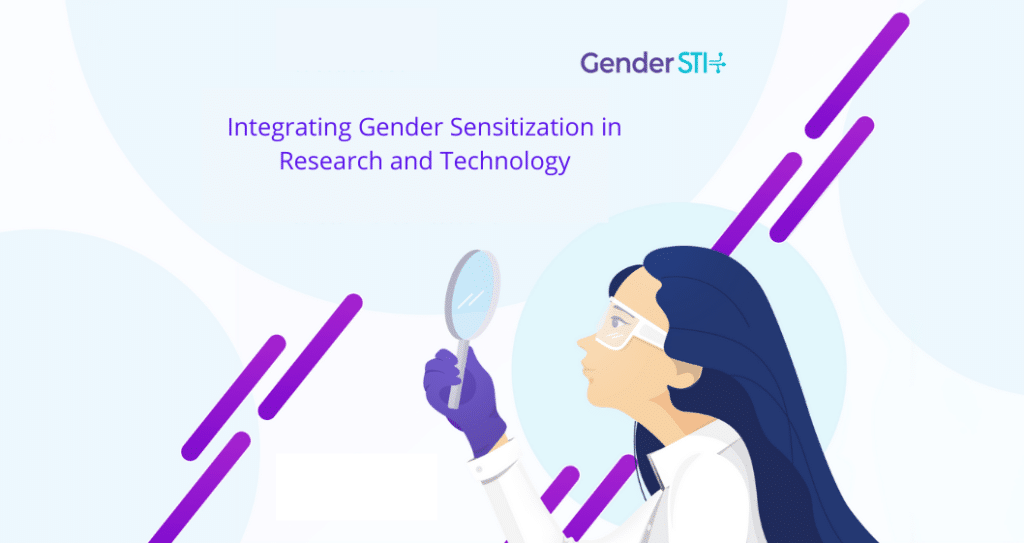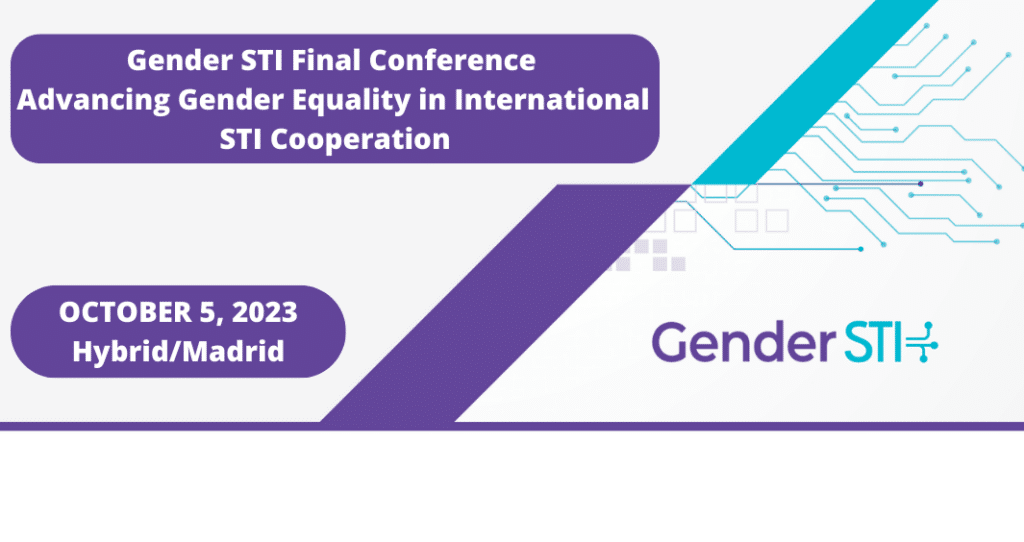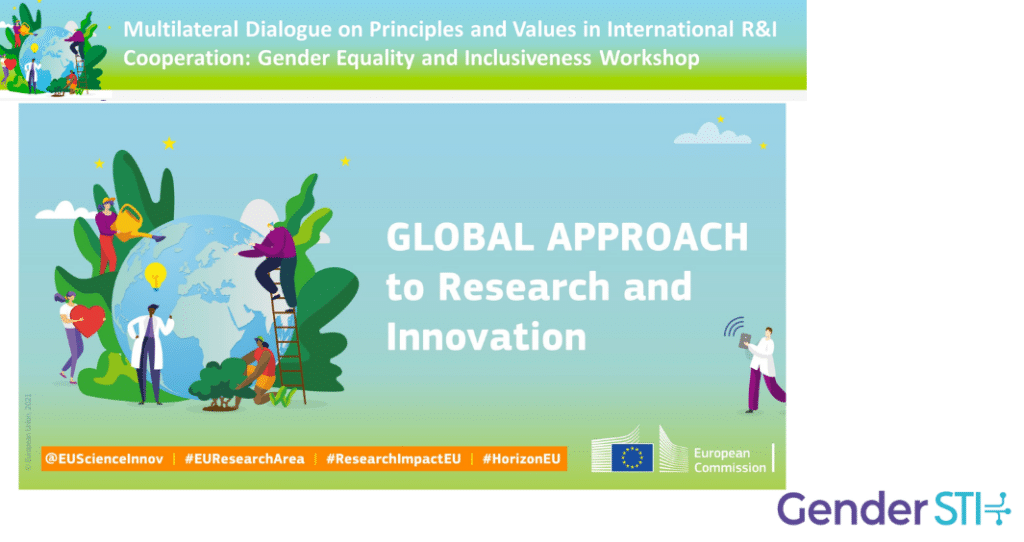This week, the world will celebrate the International Day of Women and Girls in Science on Feb. 11, which aims to promote full and equal access to and participation in science for women and girls. As part of this effort, Gender STI has launched its own #WomenInScience campaign. We talked to researchers and experts, both men and women, about why they got involved in science, what they think about current statistics on women researchers and what they think needs to be done to encourage more women and girls to pursue scientific careers.
Having women role models in science is critical if we want to increase the number of #WomenInScience. We’re thrilled to be able to introduce you to an incredible woman scientist who is passionate about health, wellbeing and social inclusion. Meet Silvia de los Ríos Pérez, researcher and project manager in the LifeSTech research group at the Universidad Politécnica de Madrid.
What is your job position and what science field do you work in? What does your job entail?
I’m a researcher and project manager in the field of supporting technologies (ICT) for health, wellbeing and social inclusion. In my job, we work on research and innovation projects aiming to address different challenges related to the health and inclusion of society with the support of ICT solutions. Particularly, I have to be up to date with the different technologies available, including the most innovative ones, and be creative in order to generate, together with the team, efficient and suitable solutions to address the challenges identified.
Why did you decide to pursue a career in science, and specifically in your scientific field?
I studied telecommunications engineering, and I started working in the research department of telecom company. That’s where I started my career in the field of ICT for health and social inclusion. I fell in love with it, and I decided to continue working in this field, aiming to help people to have healthier and happier lives.
According to the United Nations, currently less than 30% of researchers worldwide are women. What do you think about that?
I think that young women and girls still need more references that empower them and encourage them to work in science and do what they want to do. It is crucial to promote women in research and disseminate the different activities carried out so that women can get the same involvement and visibility in research activities.
What would you tell young girls and women who are interested in pursuing a career in science?
Simply that they can do whatever they propose. If you would like to work in science, there are a lot of opportunities for those who want to put their grain of sand in any field of science. Your gender doesn’t matter. All that matters if your motivation and desire to contribute to science.
What message would you send to the public on the International Day of Women and Girls in Science?
There are many women working in science and contributing to this amazing field. But there is still a barrier that we have to break by giving visibility to those women who are contributing to different fields of science, encouraging young women and girls to become scientists, creating references for them and participating in different activities that support their empowerment.



